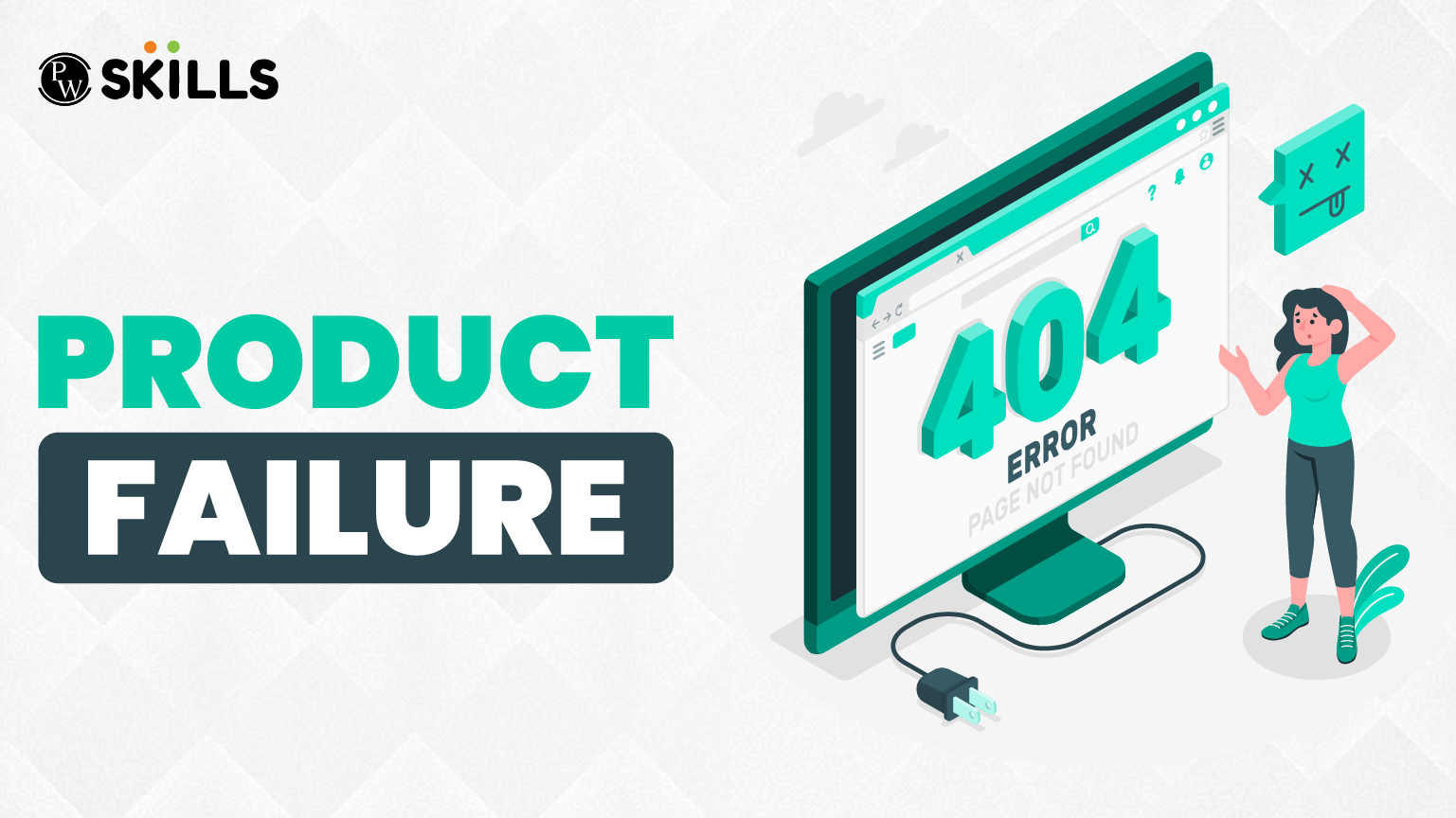Do you know what Product failure is? Well it is a term used in product management when a product fails to meet the expectations or objectives of the consumer or market. A product might fail due to many reasons such as poor marketing, lack of research, manufacturing defects, poor design, or other reasons.
It is very much important for businesses to understand product failure and the remedies to manage it effectively. Product failure can have a very deep impact on the reputation of a company or its finances. Everything is at stake including the company’s overall success. In this blog, let us learn more about product failures and tips to manage it effectively.
Definition of Product Failure
Product failure is a situation in which a product fails to gain sufficient demand or sales since its launch failing to cover its expenses. This situation is something we call product failure. You can notice product failure when sales are declining, bad reviews, or demand of product is not rising.
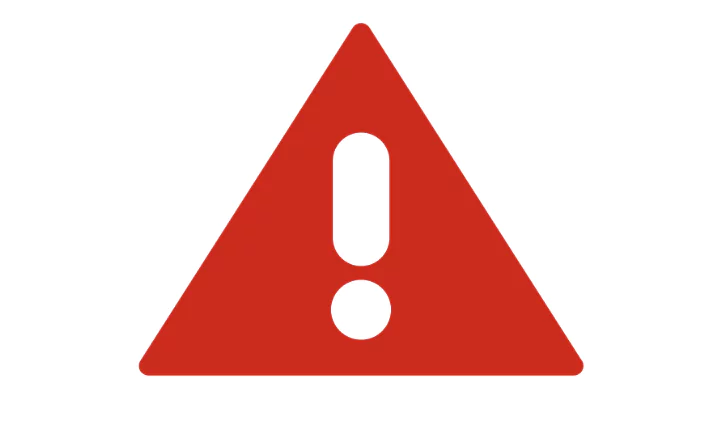
There are many reasons for a product failure to take place which might be because the product fails to establish itself well in the market.
- Product is not able to achieve profitability or sales at all
- Product life cycle is less that what was anticipated or defined by the organisation
- When product do not stand on market expectations or fails to attract consumers
Product failure is a situation when a product fails to meet the expectation of people or the objective set by the organisation. Organisations can plan or implement improvements when they notice product failures.
Read More: New Product : Concept, Importance and Challenges
What is NOT a Product Failure?
There are situations when a company start giving up on a product at a very early stage considering it a failure in the market. But it is important to not quickly drop a product into the failure mark. It might sometimes seem that a product is destined to fail but still there might be chances to recover it and bring it back to the market and people’s eyes. Some of the conditions which might seem to be a product failure.
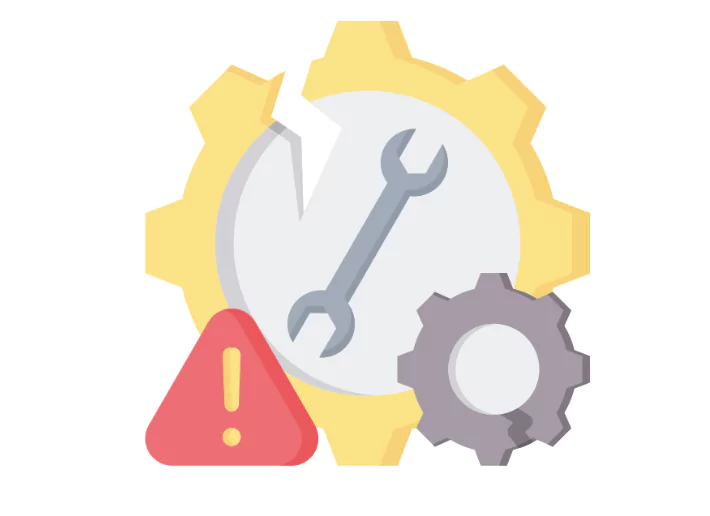
- Very less sales than expected
- Wrong audience
- Lack of users during the first launch
- Wrong way of product marketing
- Wrong goal
Let us understand it with a case study dating back to 2007 when Apple launched its first generation iPhone. Many industry experts and competitors criticised the product saying that it is destined to fall. There were several reasons for considering it as a failure.
- There was no physical keyboard in the smartphone as it used to be in phones like BlackBerry.
- iPhone first generation iPhone did not support 3G connectivity and had no copy paste facilities, and also did not allow third party applications.
- The iPhone was very expensive and not very much affordable for regular customers in the market.
However, Apple did not give it up here but recovered stronger with strong user experience offered in iOS, design quality, effective marketing, and marketing helped iOS build trust and loyalty factors with consumers. Also, Apple launched its store in 2008 which was a turning point in the iPhone development. At this time we know the popularity of iPhones, aren’t we?
Read More: Product Vision: How To Define Yours In 4 Steps?
Common Reasons for Product Failures
Check some of the reasons for product failures in the market.
1. Lack Uniqueness
With so much competition in the market it is important to be unique in approach. When you launch a product having specifications and features similar to many others already running in the market, then the chances of failure rises.
2. High Price Tags
Price tag is also a major factor for product failure. When a product price is higher than the other products in the market then it can trigger product failure. It is important to realise it on time and fix it otherwise this can lead to product failure.
3. Lack of Planning
Product success requires a well structured planning and roadmap. If a company fails to define every stage of their product development life cycle and execute its planning accordingly, it might fail eventually. Customers are one of the most important entities in product success.
Read More: Product Mix Strategy | Definition and Overview
4. Poor Product Quality or Design
Design of a product plays a very important role in product success. If the product fails then it might be that the product doesn’t look appealing or customers might be disappointed while using it.
5. Ineffective Marketing
Marketing is a very important factor to avoid product failures because in case of ineffective product marketing even a great product won’t sell as people who need to use it don’t know that it exists. In case of weak marketing, advertisement, unclear message or promotion for the wrong audience product might fail to build customer’s trust and visibility.
6. Ignoring Customer Feedbacks
Feedback reviews play a very major role in product success cycle. When an organisation fails to listen or ignore customer issues, complaints, reviews, or suggestions and leave it unresolved then they lose a window to save their product from going into failure stage. Continuous improvement based on feedback is very much important for long-term success of a product.
Impact of Product Failure On Business
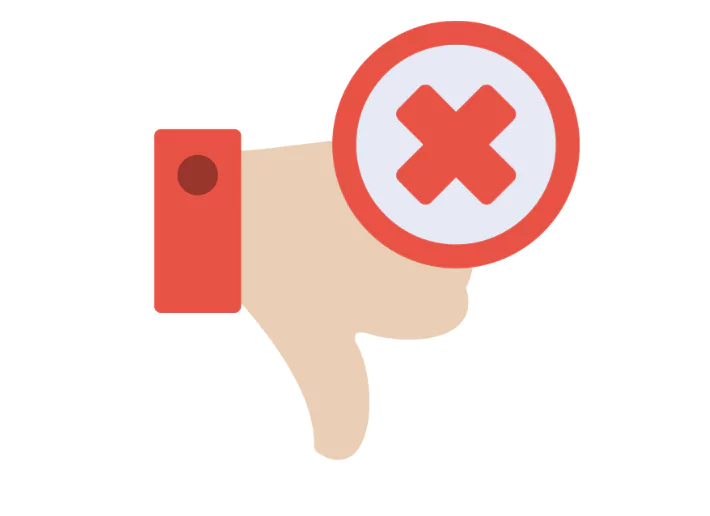
Product failure can have a wide range of impact on the growth and goals of an organisation. Let us check some of the major impacts below.
1. Financial Loss
When a product fails in the market it results in a huge financial setback for the organisation as all the cost incurred in developing the project including developing, manufacturing, and marketing goes to waste. When a product does not stand on people’s expectations then the sales and revenue of the product declines rapidly in the market.
2. Reputation Damage
Product failure can lead to damage in the reputation of a company which might lead to loss in customers. When a product fails to act as it was planned then customers might lose trust in the brand. A damaged reputation is one of the most difficult situations for an organisation where regaining people’s trust back again becomes a very tedious task.
3. Loss of Customers
Product failures can result in customer loss and this loss can either be short or long term loss. When customers are not satisfied with the product of an organisation they might avoid purchasing any other product too even if it is available. The loss of customers can affect sales and revenue of the company. It might also have an adverse impact on the long term customer loyalty, retention and satisfaction.
4. Resource Wastage
A company invests many things i,e. Time, materials and energy to build a product from scratch where a failed product can lead to wastage of everything. This can also reduce focus or delay other promising products planned by the organisation.
5. Legal and Compliance Risks
In some cases product failures where there are certain safety or regulatory issues then business might also face lawsuits, fines, fines. It might result in loss in terms of finances and reputation.
Read More: 10 Best Product Management Software for Product Managers in 2025
Prevention Tips From Product Failure
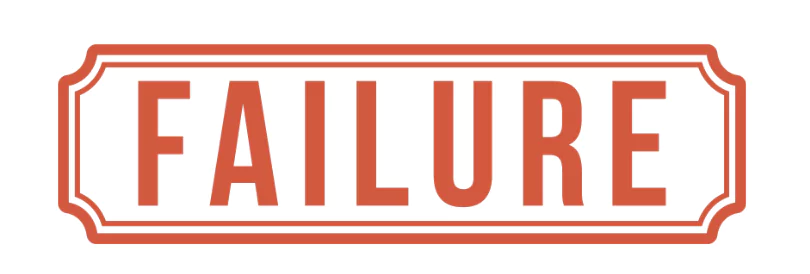
Let us check some of the major prevention tips from product failure below.
1. Conduct Market Research PROPERLY
It is important to conduct proper research to understand the major pain points of customers, figure out the needs of customers and gather insights based on competitors’ references. You also have to keep in check where competitors are lagging. This helps ensure that the product solves real problems and becomes a good product market fit.
2. Test the Product Before Launch
It is important to run small-scale trials or beta testing with real users to get important feedback before launching widely. This helps catch problems early which can be improved and fixed before the real launch.
3. Focus on Quality
Quality is one of the most important factors of product success hence the product must not only look good but also work well. Make sure the product is reliable and user friendly. It is important for organisations to invest in good design or quality control which can save brands from negative reviews and returns.
4. Create a Unique Selling Point (USP)
It is important to make sure that the product stands out from the competitors by offering them something better along with offers. This could either be unique features, low price, better quality, attractive offers, and exceptional services.
5. Price it Right
It is important to keep a well justified price tag for the product after conducting a thorough research of the targeted customers and competitors references. It should be competitive yet affordable, profitable and balance everything right.
Also Read:
- What is Product Pricing? Objectives, Types, and Factors
- Product Specs | Definition and Overview
- Problem Solving Products: How to Find the Best Ones to Sell
- Product Concept: Definition, Types And Examples
Learn Product Management with PW Skills
Become a successful product manager under the guidance of dedicated mentors, latest industry based curriculums, capstone projects, and more. Build your AI knowledge and boost your productivity by 10 times at your workplace.
Enroll in our Product management Course and get a chance to build your job ready skills and exposure for this role. This program gets you through an easy roadmap for getting job ready skills and hands-on learning.
Still Not Enough?
- Get complete advanced interactive learning along with capstone projects based on various concepts covered within the course.
- Delve into learning with in-depth learning completely based on smart agile methodologies, conduct strategic planning, market analysis and more.
- Prepare effectively for your interview with guidance from dedicated mentors
- Get a complete dedicated resume building session with mentors.
- Get industry recognised certifications and discover a wide range of opportunities in Product management only at pwskills.com
- Build a job ready profile with PRD from the scratch and work on a capstone project to strengthen your portfolio.
Product Failure FAQs
Q1. What is Product Failure?
Ans: Product failure is a situation in which a product fails to gain sufficient demand or sales since its launch failing to cover its expenses. This situation is something we call product failure.
Q2. Why does the product fail?
Ans: Products might fail due to many reasons such as no uniqueness, high price tags, lack of planning, poor product quality, ineffective marketing, ignoring customer feedback, and more.
Q3. What is not a product failure?
Ans: Not every product having less sales or revenues in their earlier days can be considered as a failure in the market.
Q4. What is the worst impact of a product failure?
Ans: Product failure can lead to loss in sales, revenue and even brand reputations for short or long term.

